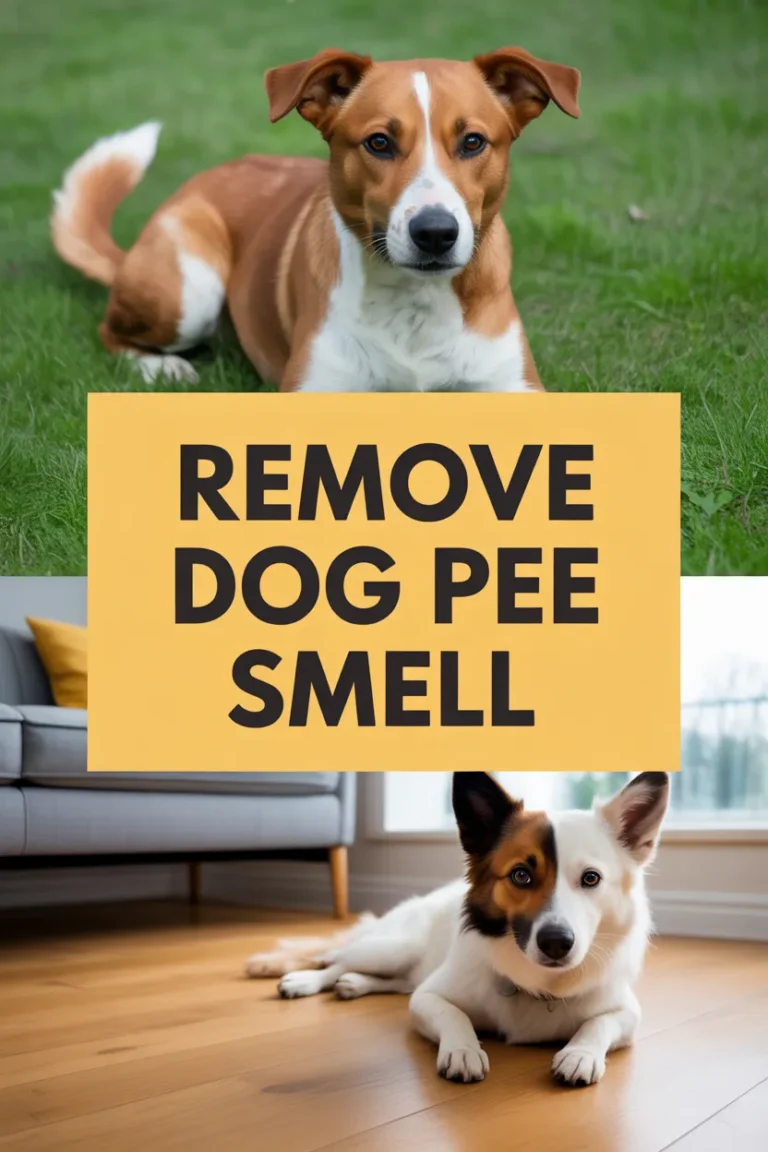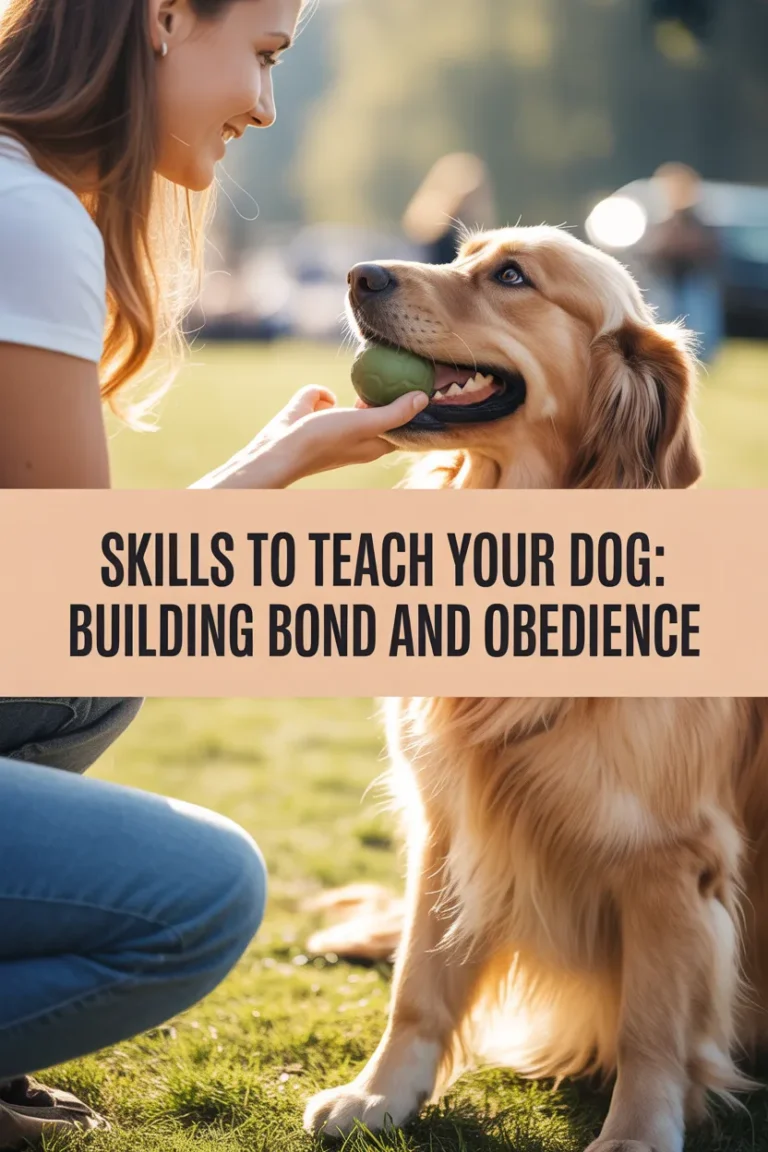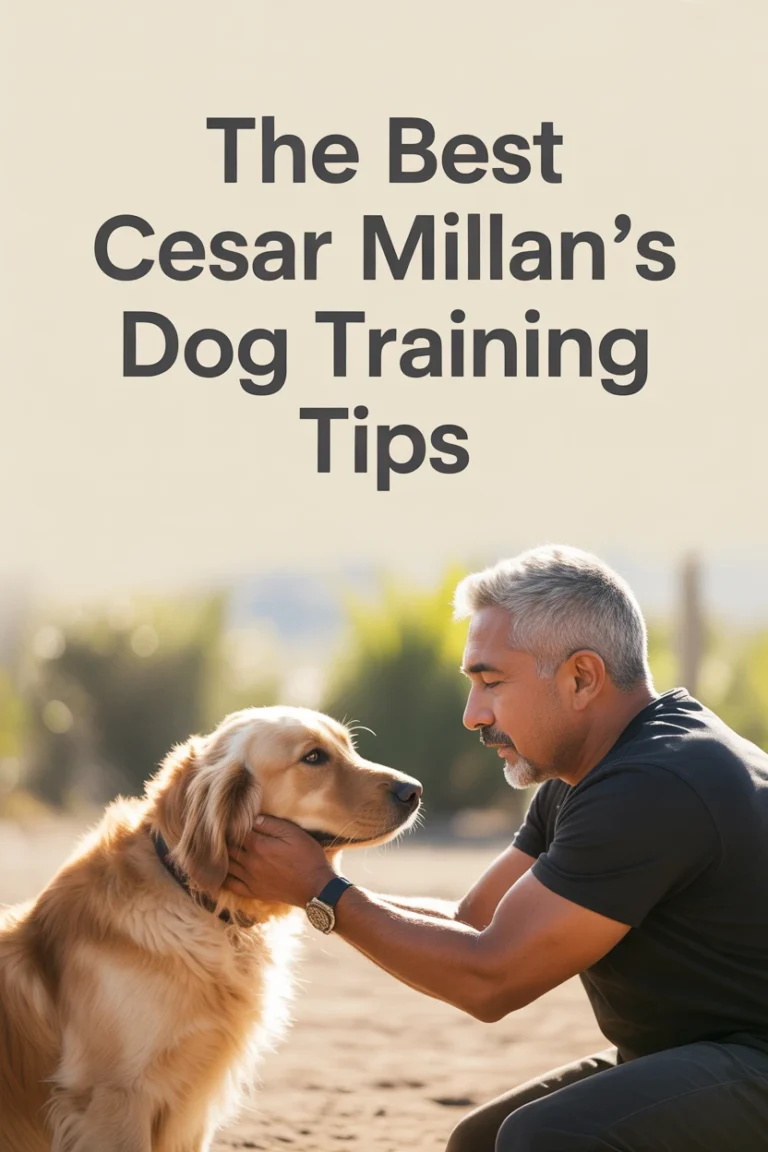Stop a Dog from Being Reactive: Gentle Training Tips for Calm Behavior
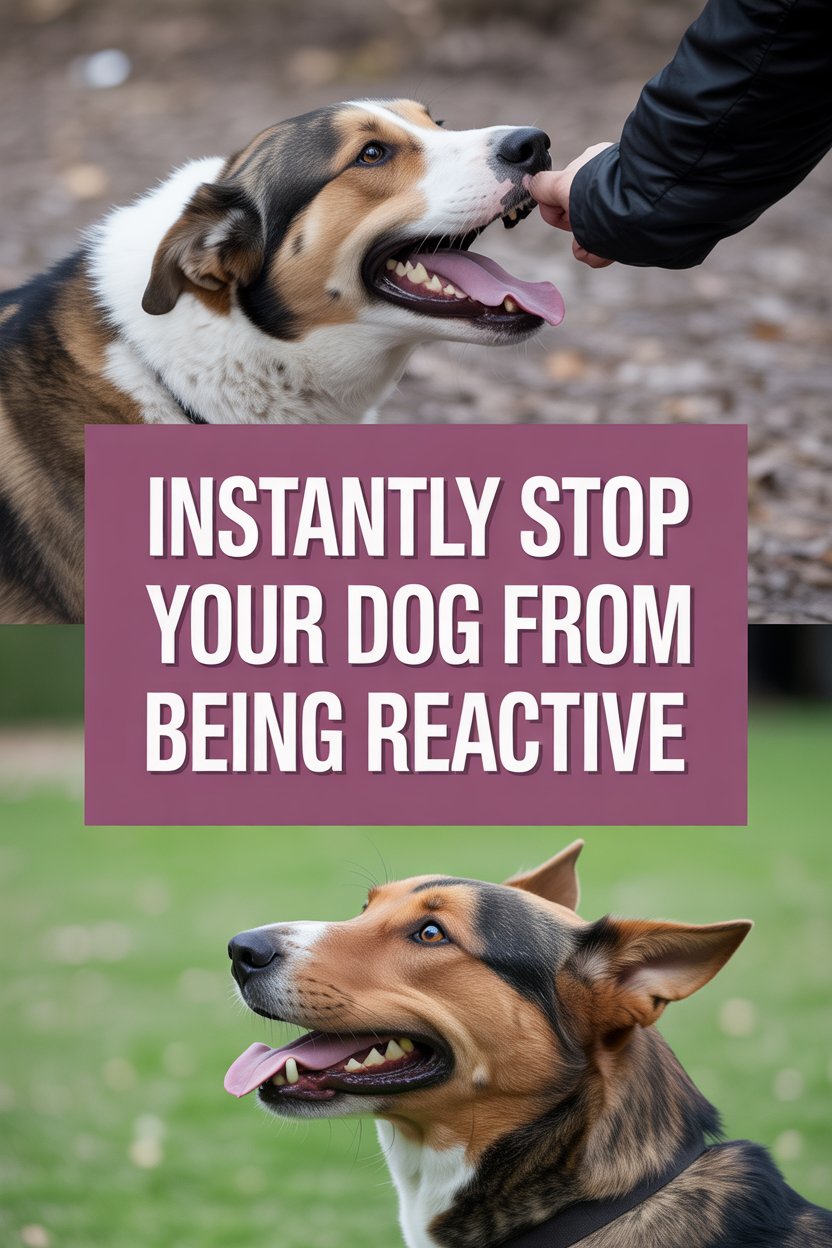
f your pup barks, lunges, or growls at other dogs, people, or noises, you’re not alone. Reactivity is common and can feel overwhelming — but with love, consistency, and the right approach, you can stop a dog from being reactive and help them feel calmer and more confident.
I remember when my dog barked uncontrollably every time we passed another pup on a walk. It was embarrassing, stressful, and honestly heartbreaking. But over time, with patience and positive training, he learned to stay calm. And you can do the same with your dog.
1. Understand Why Dogs Become Reactive
To stop a dog from being reactive, you first need to know the “why.” Common causes include:
- Fear or anxiety – often from lack of socialization.
- Frustration – wanting to reach a person or another dog but being restrained by the leash.
- Overstimulation – too much excitement in busy environments.
Reactivity isn’t the same as aggression — most reactive dogs are simply overwhelmed.
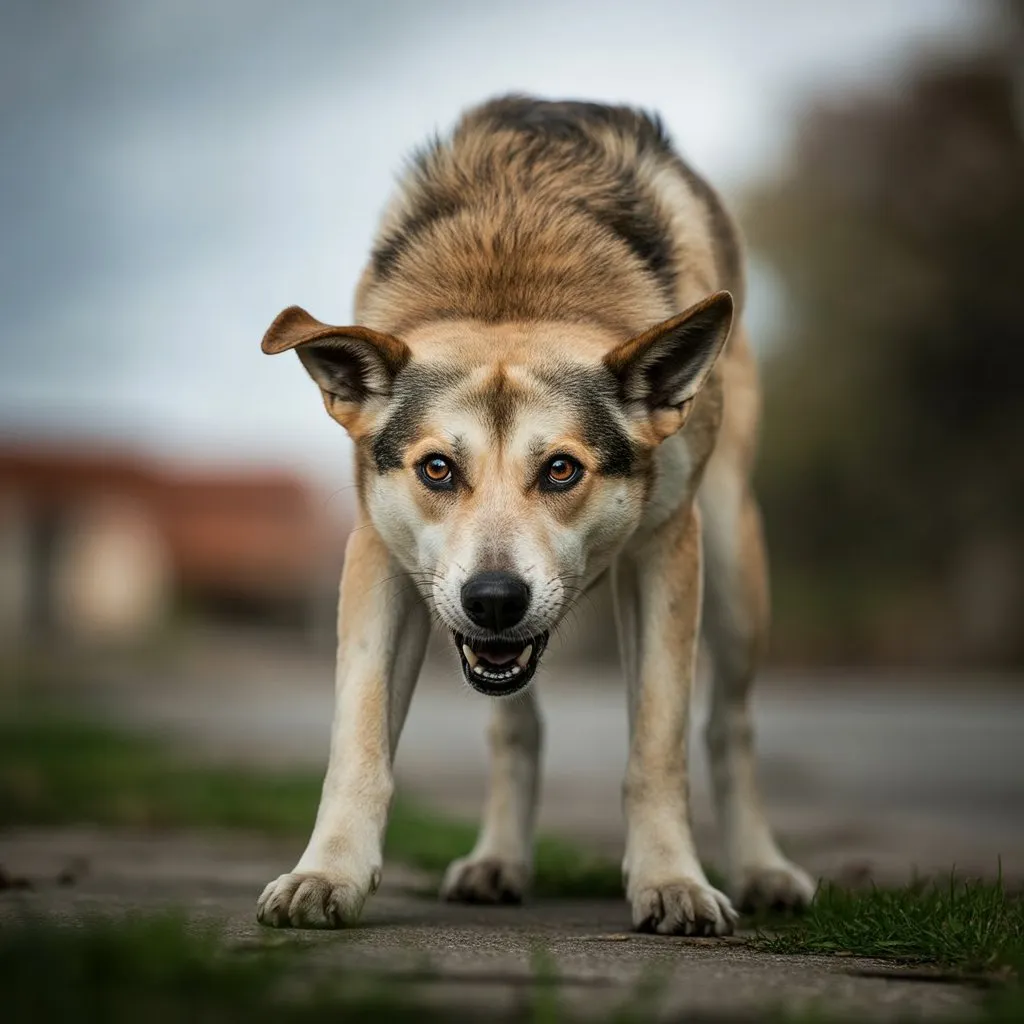
2. Stay Calm Yourself
Dogs are incredibly sensitive to our emotions. If you tense up or pull on the leash, your dog will feel it.
💡 One of the most important steps to stop a dog from being reactive is staying calm, breathing deeply, and showing your pup that you’re in control.
3. Create Distance from Triggers
Don’t set your dog up for failure by forcing them into stressful situations.
- Cross the street if another dog is approaching.
- Keep a safe distance from busy crowds.
- Gradually decrease the space as your dog becomes more comfortable.
Distance gives your dog a chance to learn without feeling overwhelmed.
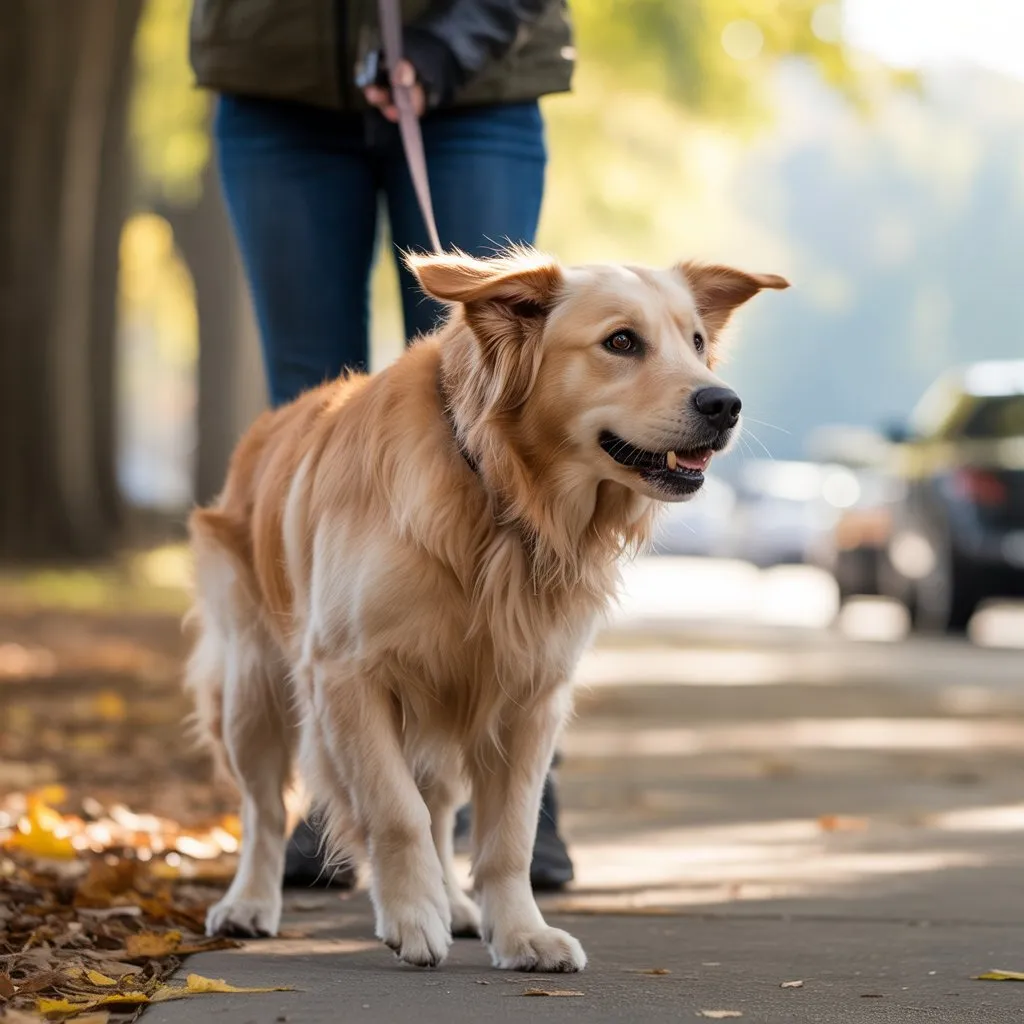
4. Use Positive Reinforcement
Reward calm behavior every time your dog sees a trigger.
- Carry high-value treats on walks.
- When your dog looks at the trigger without reacting, praise and reward.
- Over time, they’ll associate triggers with positive experiences.
This is one of the most effective ways to stop a dog from being reactive.
5. Teach Focus Commands
Training your dog to focus on you instead of the trigger is a game-changer.
- Teach cues like “look at me” or “watch.”
- Practice at home first, then in gradually more distracting environments.
- Reward when they choose to look at you instead of reacting.
6. Practice Desensitization and Counterconditioning
These are long-term strategies to stop a dog from being reactive:
- Desensitization: Gradually expose your dog to triggers at a distance they can handle.
- Counterconditioning: Pair triggers with rewards (like treats or toys) to change your dog’s emotional response.
Consistency is key here — progress will be slow but lasting.
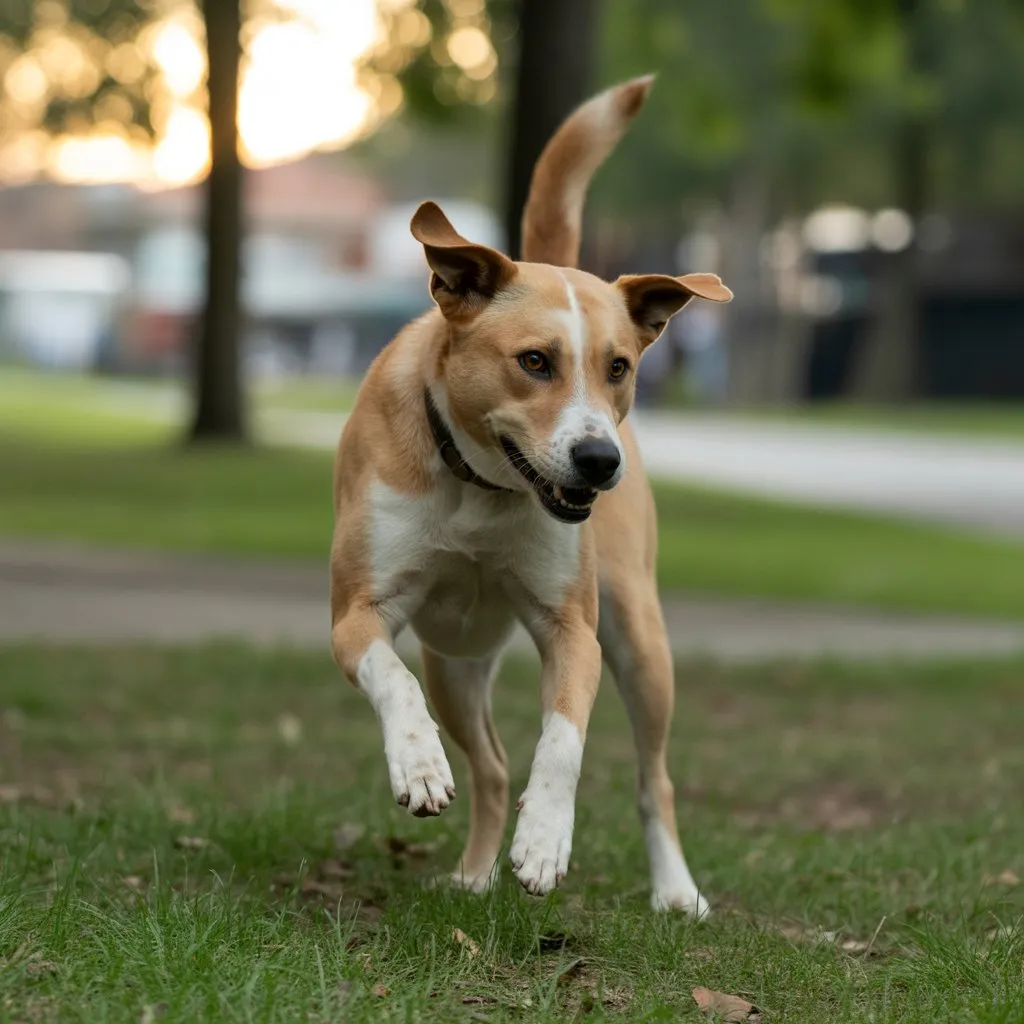
7. Avoid Punishment
Yelling, jerking the leash, or using harsh corrections can make reactivity worse by increasing fear and stress.
Instead, focus on calm guidance, distance, and rewards.
8. Give Plenty of Exercise and Mental Stimulation
A tired dog is a calmer dog. Many reactive dogs are full of pent-up energy.
- Daily walks, play sessions, and puzzle toys help release energy.
- Training games and nose work keep their brain engaged.
Meeting both physical and mental needs makes it easier to stop a dog from being reactive.
9. Socialize Carefully
For puppies or less reactive dogs, safe and positive socialization is important. For more reactive pups, focus on controlled environments instead of busy dog parks.
Structured playdates or calm exposure can help build confidence.
10. Work with a Professional if Needed
If reactivity feels overwhelming, don’t hesitate to seek help from a certified dog trainer or behaviorist. They can create a tailored plan to stop a dog from being reactive while supporting you every step of the way.
Final Thoughts
Reactivity can be tough, but it’s not forever. With patience, empathy, and consistent training, you can stop a dog from being reactive and replace lunges and barking with calm, confident behavior.
At the heart of it all, your dog isn’t giving you a hard time — they’re having a hard time. And with your love and support, they’ll learn to feel safe in the world again. 🐶❤️



